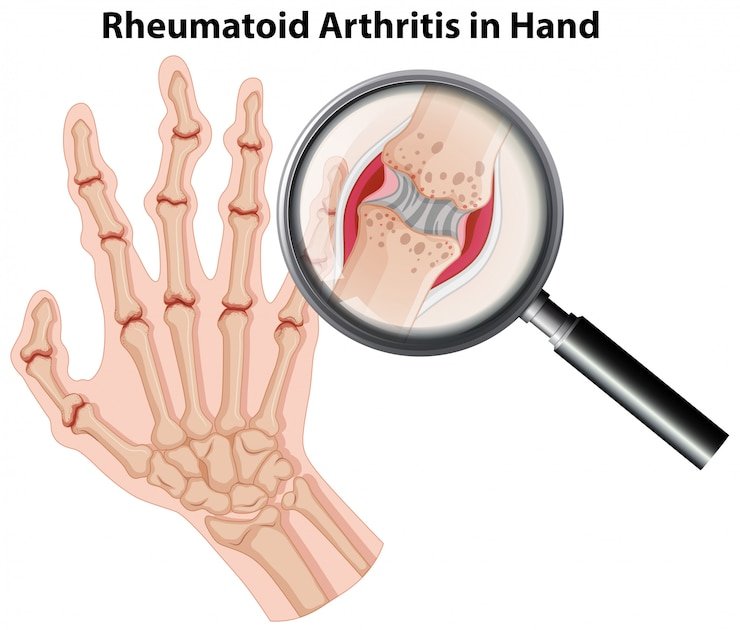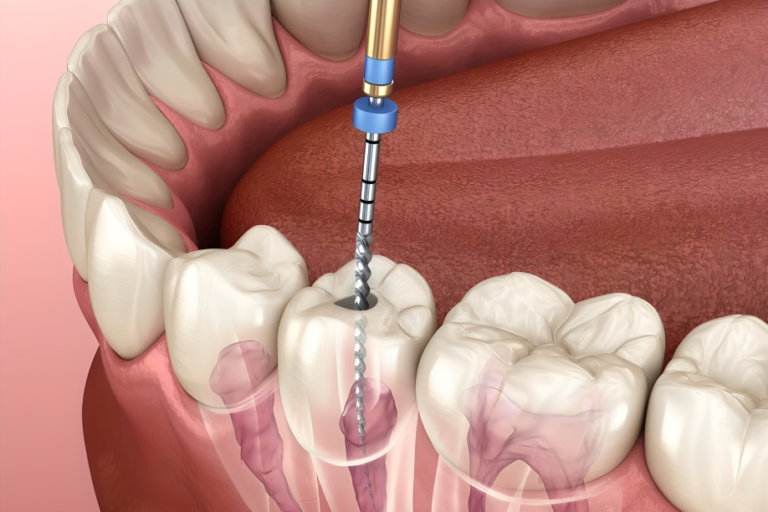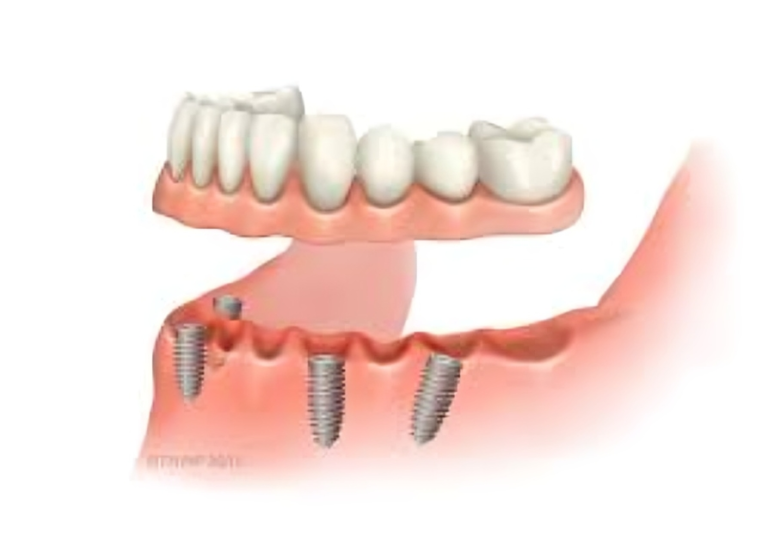Extraction: Unveiling the Art and Science of Removing More Than What Meets the Eye.
Extraction, in various contexts, embodies the process of carefully removing something from its original environment. Whether it’s the extraction of natural resources, the removal of teeth in dentistry, or the extraction of essential oils from plants, this term encapsulates a diverse array of practices. In this article, we will delve into the multifaceted world of extraction, exploring its applications, methodologies, and the impact it has on various industries.
To Know More About It Please Click Here
Extraction in Natural Resource Industries
- Mining and Minerals:
- The mining industry relies heavily on extraction processes to retrieve valuable minerals and ores from the Earth. Techniques range from traditional methods like surface mining to advanced processes such as hydraulic fracturing.
- Oil and Gas Extraction:
- Extraction in the oil and gas sector involves tapping into underground reservoirs to extract crude oil and natural gas. Technologies like drilling and hydraulic fracturing play a pivotal role in accessing these valuable energy resources.
Extraction in Healthcare
- Tooth Extraction:
- In dentistry, tooth extraction is a common procedure to remove damaged, decayed, or impacted teeth. Dentists employ precision and care to ensure a patient’s comfort during the extraction process.
- Surgical Extractions:
- Surgical extractions may be necessary for the removal of impacted wisdom teeth or teeth with complex root structures. Oral surgeons perform these procedures with a focus on minimizing discomfort and promoting swift recovery.
Extraction in Chemistry and Pharmaceuticals
- Essential Oil Extraction:
- The field of aromatherapy and perfumery relies on the extraction of essential oils from plants. Methods such as steam distillation, cold pressing, and solvent extraction are employed to capture the aromatic compounds from botanical sources.
- Extraction of Active Compounds:
- In pharmaceuticals, active compounds from plants, animals, or minerals are often extracted for the development of medications. This process involves meticulous laboratory techniques to isolate and purify therapeutic elements.
Environmental Impact of Extraction
- Resource Depletion:
- The extraction of natural resources can lead to environmental challenges, including habitat destruction, deforestation, and soil erosion. Sustainable extraction practices and conservation efforts are increasingly important to mitigate these impacts.
- Pollution and Contamination:
- Extraction activities, particularly in mining and oil industries, can result in environmental pollution through the release of hazardous substances. Stringent regulations and technological innovations aim to minimize these adverse effects.
Technological Advances in Extraction
- Green Extraction Techniques:
- The push for sustainability has led to the development of green extraction techniques. These methods focus on minimizing the use of harmful solvents and reducing energy consumption, making the extraction process more environmentally friendly.
- Supercritical Fluid Extraction:
- Supercritical fluid extraction involves using supercritical fluids, such as carbon dioxide, to extract compounds. This method is known for its efficiency and selectivity, particularly in the extraction of delicate compounds like essential oils.
Challenges and Ethical Considerations
- Social and Economic Impact:
- Extraction industries can significantly impact local communities, both positively and negatively. Ethical considerations include fair compensation, community engagement, and minimizing disruptions to the local environment.
- Ethical Resource Extraction:
- The concept of ethical resource extraction involves considering the social, economic, and environmental impacts of extraction activities. This approach seeks to balance resource utilization with responsible practices to ensure long-term sustainability.
To Know More About It Please Click Here
Conclusion:
Extraction, as a process, spans a vast spectrum of applications, each with its unique challenges and benefits. From the extraction of valuable minerals shaping industries to the precision of healthcare procedures, the art and science of extraction continue to evolve. As societies grapple with the dual imperatives of resource utilization and environmental stewardship, the development of sustainable extraction practices and ethical considerations become imperative for a balanced and harmonious coexistence with the planet.








